Python has emerged as one of the most in-demand programming languages in the tech industry. Its versatility, simplicity, and wide-ranging applications make it a top choice for developers across domains such as web development, data science, artificial intelligence, and automation. If you’re considering starting a career in Python development in 2025, this guide provides a step-by-step roadmap to get you started, including the skills, tools, certifications, and strategies needed to succeed.
Why Choose Python Development as a Career?
High Demand for Python Developers
Python’s applications in cutting-edge technologies like AI, machine learning, and data science ensure a steady demand for skilled developers.Lucrative Salaries
Python developers are among the highest-paid in the industry, with average salaries exceeding $100,000 annually in many regions.Diverse Career Paths
Python opens doors to multiple career opportunities, including:- Web Development: Building dynamic websites with frameworks like Django and Flask.
- Data Science and AI: Working on data analysis, predictive modeling, and AI systems.
- Automation: Creating scripts for process automation.
- Game Development: Using libraries like Pygame for gaming projects.
How to Start a Career in Python Development in 2025
Step 1: Learn the Fundamentals of Python
Start with the basics to build a strong foundation:
- Syntax and Data Structures: Understand Python syntax, variables, loops, lists, dictionaries, and more.
- Object-Oriented Programming (OOP): Learn about classes, objects, inheritance, and polymorphism.
- Popular Learning Platforms:
- Codecademy
- Coursera
- freeCodeCamp
Step 2: Master Core Python Libraries and Frameworks
Familiarize yourself with essential Python libraries and frameworks relevant to your desired career path:
- Web Development: Django, Flask, FastAPI.
- Data Science and AI: Pandas, NumPy, Scikit-learn, TensorFlow, PyTorch.
- Automation: Selenium, PyAutoGUI.
- APIs and Backend: SQLAlchemy, Requests.
Step 3: Practice Projects and Real-World Applications
Apply your knowledge to real-world projects to build your portfolio:
- Create a personal blog using Django or Flask.
- Develop a data visualization dashboard with Plotly or Matplotlib.
- Automate repetitive tasks like file organization or data scraping.
- Contribute to open-source projects on GitHub to showcase your skills.
Step 4: Gain Certifications
Earning certifications can enhance your credibility and demonstrate expertise:
- Python Institute Certifications: PCEP (Certified Entry-Level Python Programmer), PCAP (Certified Associate), PCPP (Certified Professional).
- Google IT Automation with Python: Offered on Coursera.
- IBM Data Science Professional Certificate: Ideal for aspiring data scientists.
- AWS Certified Developer: Focus on Python in cloud computing.
Step 5: Develop Soft Skills and Problem-Solving Abilities
- Communication: Essential for teamwork and presenting ideas.
- Analytical Thinking: Break down problems and create effective solutions.
- Time Management: Manage multiple tasks and deadlines efficiently.
Step 6: Build an Online Presence
Establish yourself in the developer community:
- Portfolio Website: Showcase your projects, skills, and certifications.
- GitHub Profile: Share your code and contribute to repositories.
- LinkedIn: Connect with industry professionals and stay updated on job opportunities.
Step 7: Prepare for Job Applications
- Resume and Cover Letter: Highlight Python-related skills, certifications, and projects.
- Technical Interview Preparation: Practice algorithms, data structures, and Python-specific challenges on platforms like LeetCode and HackerRank.
- Freelancing Platforms: Gain experience by offering services on Upwork, Fiverr, and Toptal.
Top Job Roles for Python Developers in 2025
Web Developer
- Skills: Django, Flask, REST APIs.
- Responsibilities: Design and maintain websites, manage databases.
Data Scientist
- Skills: Pandas, Scikit-learn, TensorFlow.
- Responsibilities: Data analysis, building machine learning models.
AI/ML Engineer
- Skills: PyTorch, TensorFlow, Keras.
- Responsibilities: Develop AI models and integrate them into applications.
DevOps Engineer
- Skills: Docker, Kubernetes, AWS, Python scripting.
- Responsibilities: Automate CI/CD pipelines, manage deployments.
Automation Engineer
- Skills: Selenium, PyAutoGUI.
- Responsibilities: Create scripts to automate workflows and testing.
Challenges in Starting a Python Career
High Competition
- The popularity of Python means more candidates for fewer roles.
- Solution: Specialize in a niche like AI, data science, or cybersecurity.
Continuous Learning
- Technology evolves rapidly, requiring constant skill upgrades.
- Solution: Stay updated with the latest Python libraries and frameworks.
Starting a career in Python development in 2025 is a promising endeavor. By mastering Python’s fundamentals, exploring specialized frameworks, earning certifications, and building real-world projects, you can secure a place in this competitive yet rewarding field. Whether you aspire to be a web developer, data scientist, or AI engineer, Python equips you with the tools to thrive in any domain.
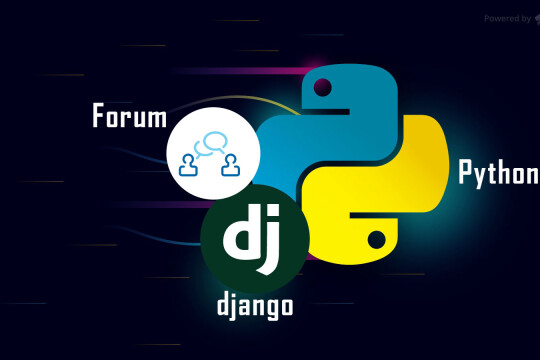


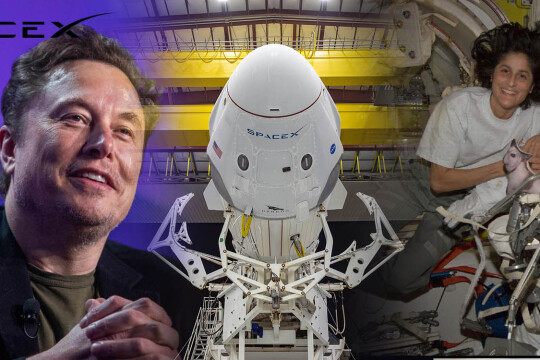


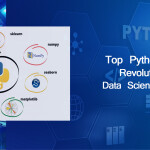
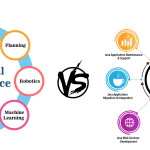
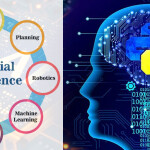
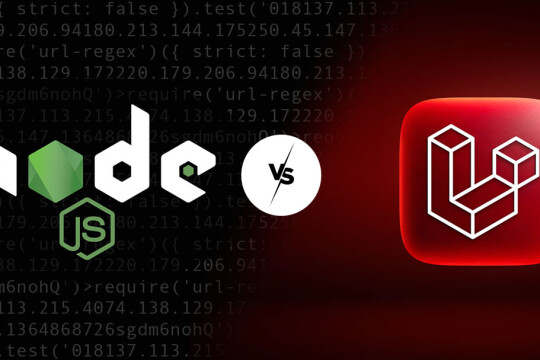
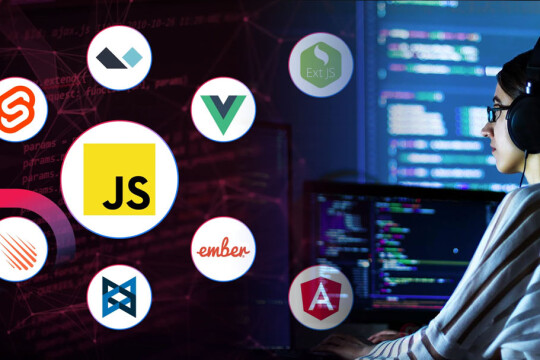
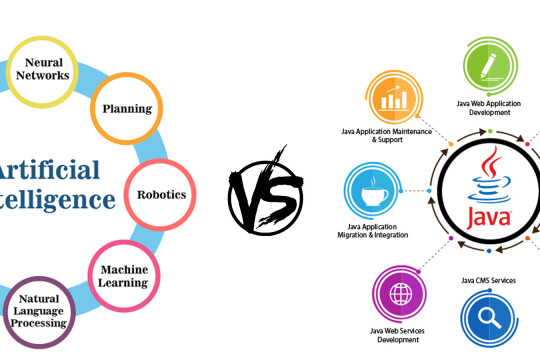





Comments & Discussion
Join the discussion by logging into your account.